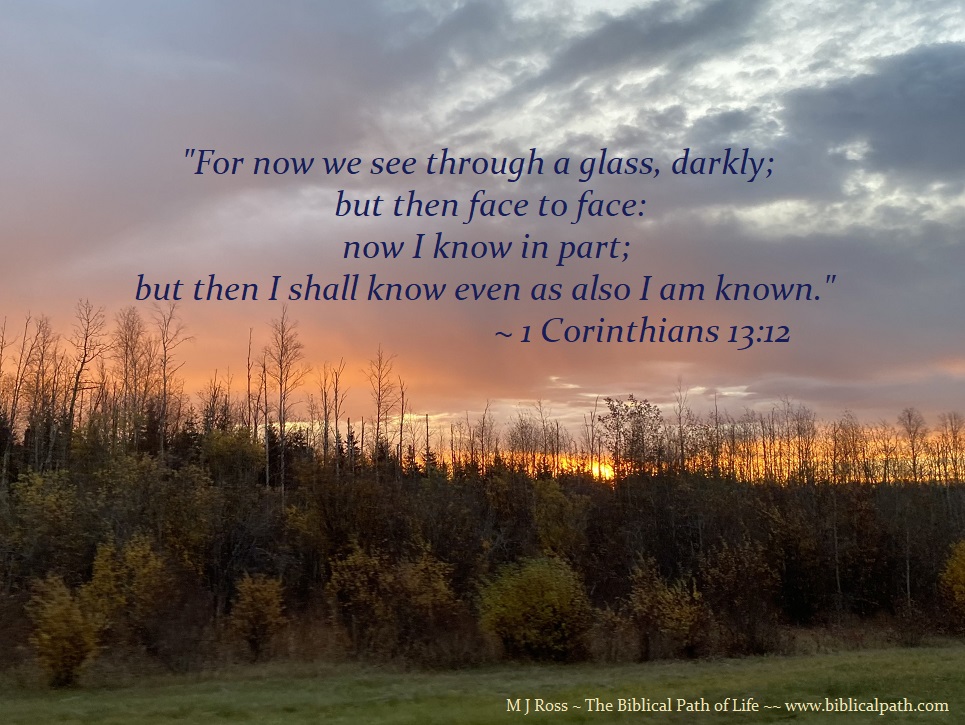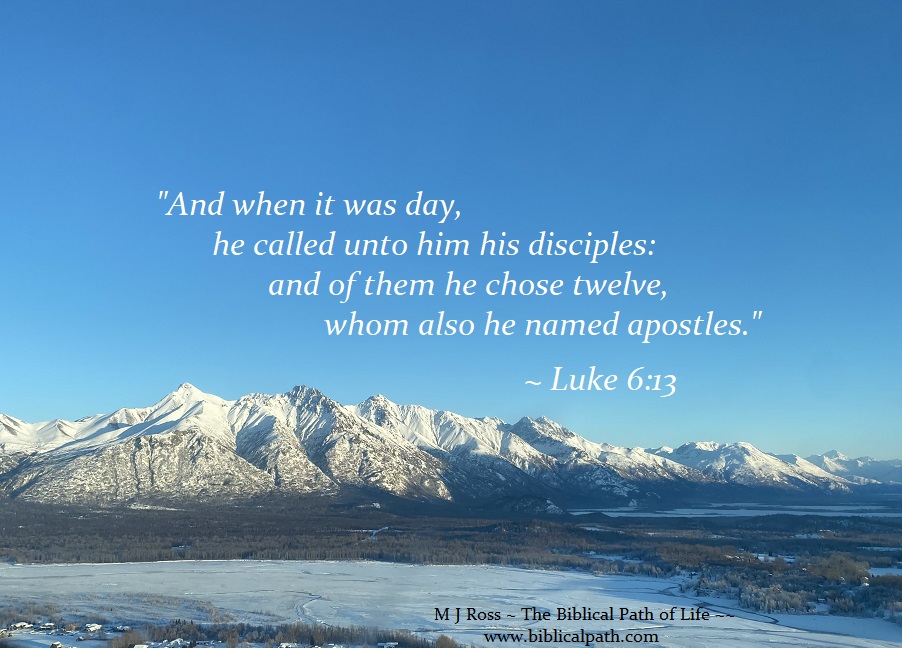
Key Verse
The Revelation of Jesus Christ, which God gave unto him, to shew unto his servants things which must shortly come to pass; and he sent and signified it by his angel unto his servant John:
—Revelation 1:1
Key Verse Thought: Have you ever read the book of Revelation? Why or why not? Have you ever heard that it is too hard to understand? Read the Key Verse. Revelation means “uncovering; unveiling; disclosure; spoken of future events.” We are to understand that the book of Revelation is not meant to be difficult or even mysterious. The name itself declares that the book is a time of “disclosure of future events.” In this lesson, we will learn what Jesus told his servant, John.
Emphasis: We are to understand that the book of Revelation is not to be a mystery, for Jesus told His people what would come to pass. It is important for Christians to remember that all of Scripture is to be read and studied, for it is instructional to us, helping us become “throughly furnished unto all good works” (see 2 Timothy 3:16-17).
Lesson Summary: The book of Revelation is just what it says it is in the first verse. “The Revelation of Jesus Christ, which God gave unto him, to shew unto his servants things which must shortly come to pass; and he sent and signified it by his angel unto his servant John” (Revelation 1:1). Jesus revealed to John things to record for Christians to know and understand about things that had already happened and even future events. It not only tells of the differing church ages, but it tells of the second coming of Jesus and the impact that will have upon all of the world.
Because of the volume of the book, we will go back to our overview approach as we study it. We will see the importance of knowing what is found within the book of Revelation. The church ages are described (see Revelation 2–3), as well as the rapture of the church (Revelation 4:1-2). The events that unfold after the church is removed (the Great Tribulation) is depicted in Revelation 6–22; first from earth’s perspective (see chapters 6-11), and then from heaven’s perspective (see chapters 13-19). There are “Seven Seals” (later called “Seven Vials” in heaven’s perspective), “Seven Trumpets”, and “Seven Thunders”. The two beasts will be revealed as they set about to deceive the nations. We will catch a glimpse of Satan’s banishment from heaven when he was cast down to the earth after a battle with Michael and his angels (see Revelation 12). The final demise of Satan will be revealed, as well as the reign of Christ for 1,000 years. At that point there will be the judgment of all of mankind as they stand before the great white throne – each being judged according to their works (see especially Revelation 20:15: “And whosoever was not found written in the book of life was cast into the lake of fire”).
Finally, we will conclude our study comparing things lost in Genesis, to things that will be restored as it is declared in Revelation.
Y3Q4 – Lesson 12 Questions
Y3Q4 – Lesson 12 Children’s Worksheets
The Biblical Path of Life – Year Three, Quarter Four is available through Amazon.









